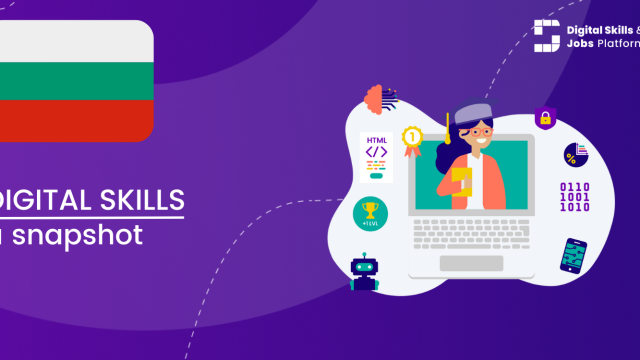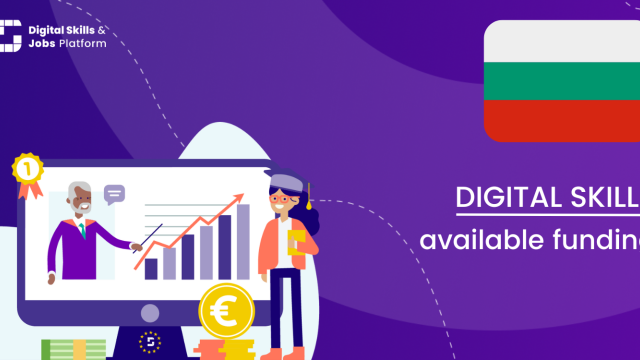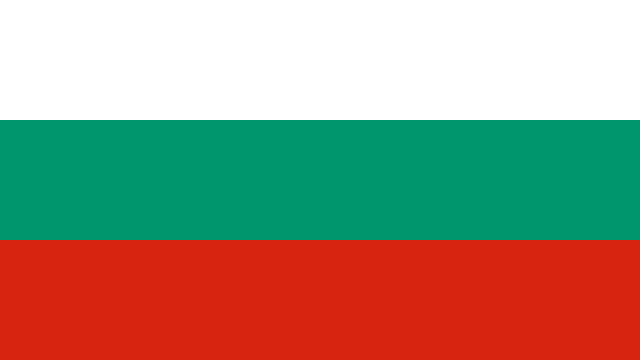Bulgaria
Bulgaria has achieved 35.5% basic digital skills coverage, compared to the EU average of 55.56%. This puts Bulgaria at 44.4% of the overall target for the EU 2030 goal, which aims to have 80% of the EU population possessing at least basic digital skills. According to the Digital Decade report 2025, the percentage of ICT specialists in employment is lower than the EU average, yet increasing from 4.3% to 4.6% (EU average - 5%) in 2024.
The share of female specialists in 2024 was 27.0%.
Bulgaria has a well-developed connectivity infrastructure but faces challenges in the areas of Research and Development, SME digital uptake, digital skills, and cybersecurity. Bulgaria is developing capacities in semiconductors and quantum technologies.
More information is available in the Bulgarian National strategic roadmap for the Digital Decade.
Bulgaria has a National coalition for digital skills launched in June 2014 as the National Coalition for Digital Jobs in Bulgaria by Gergana Passy – Digital Champion for Bulgaria.
Adopted in 2020, the Digital Transformation of Bulgaria, which includes the National Program “Digital Bulgaria 2025”, sets goals for deploying a secure digital infrastructure, providing access to digital skills and knowledge, enhancing research and innovation, unlocking the value of data, promoting a low-carbon circular economy, and improving government efficacy and public services.
The Strategic Framework for the Development of Education, Training, and Learning emphasizes the need to improve digital skills among participants in the educational process and highlights policies for digitalization in education. The Concept for the Development of Artificial Intelligence focuses on developing expertise, infrastructure, and an ethical framework for artificial intelligence.
Bulgaria's Recovery and Resilience Plan allocates a significant budget for the digital transition. This includes investments in expanding high-capacity networks, improving digital skills, and digitalizing public administration, businesses, and key sectors.
Bulgaria ranks 26th out of the 27 EU Member States in the DESI dashboard for the Digital Decade for the 'At least basic digital skills' indicator, with only 35.5% of its population possessing at least basic digital skills.





